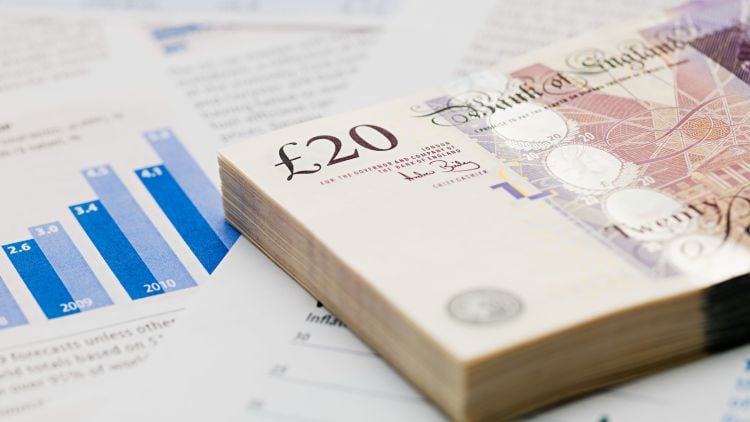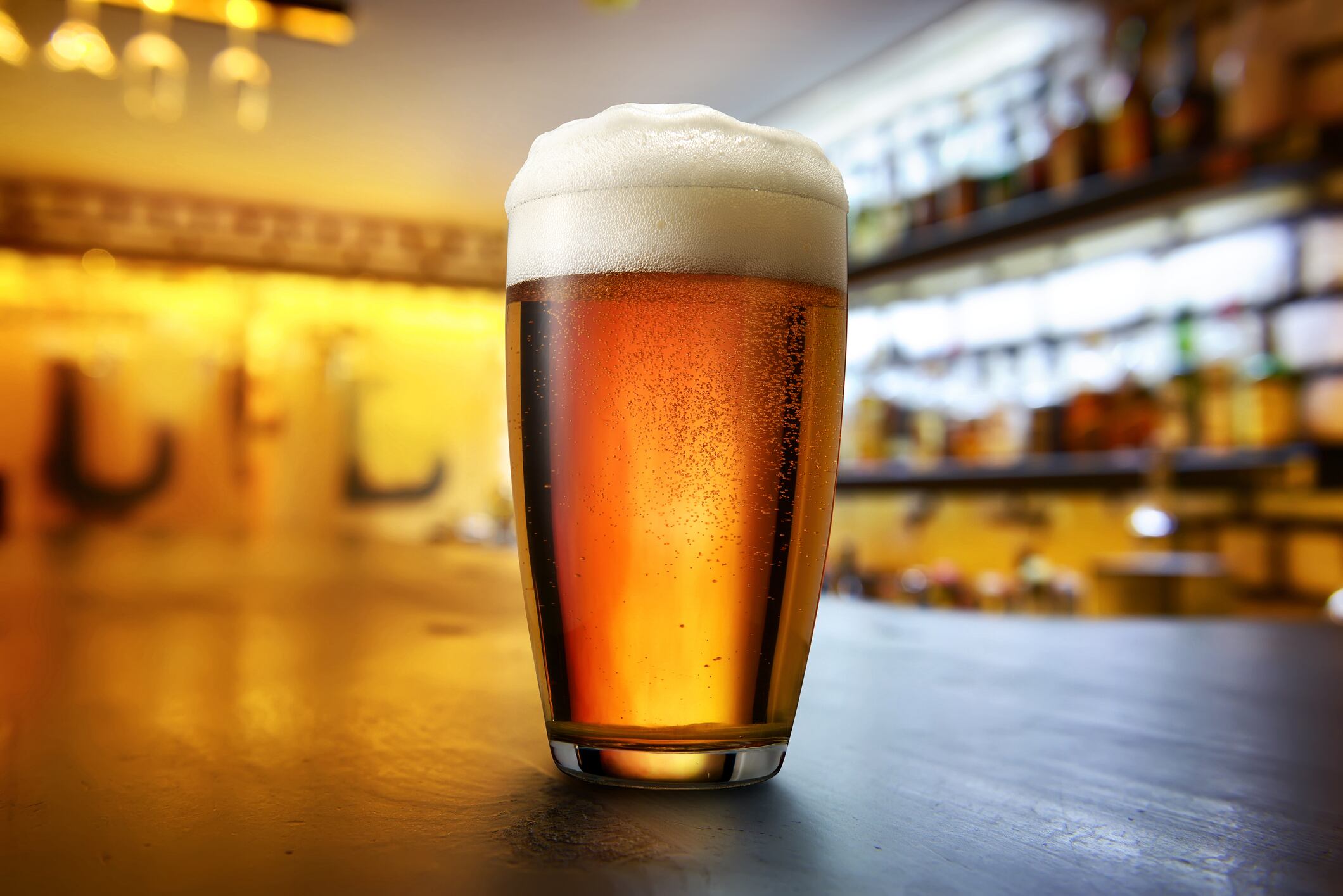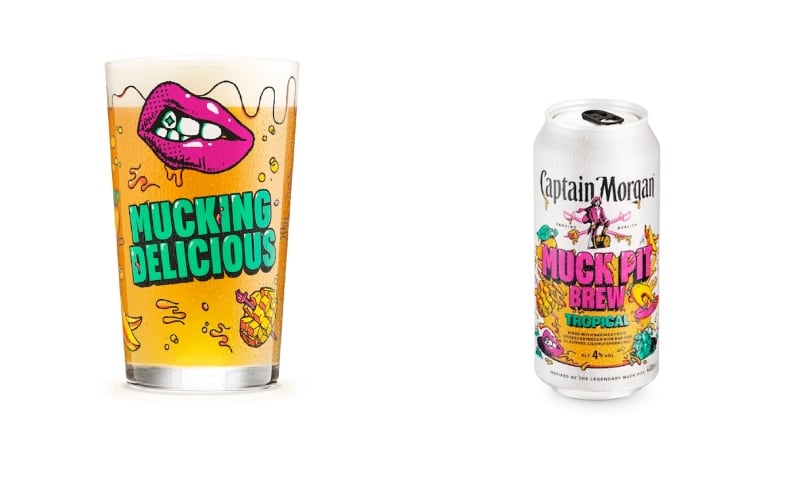Yesterday, the UK and US agreed a “landmark economic deal”, which covered a range of industries including steel, cars and agriculture.
Concerns that the UK market would see the importation of products such as chlorinated chicken and hormone-fed beef were abated as it was revealed there would be no weakening of UK food standards on imports.
There was an agreement for reciprocal market access on beef with UK farmers given a quota for 13,000 metric tonnes.
But there is still a 10% baseline tariff on British products imported to the US.
Last month, Titanic paused stocking US alcoholic products in its 17 sites in protest over US tariffs.
Tariffs
This deal follows the trade agreement made with India earlier in this week.
As part of the deal tariffs on whisky and gin being imported to India from the UK will be halved from 150% to 75% before reducing to 40% in the 10th year.
The deal also opened the doors for chefs from India to work in the UK via the contractual services suppliers route.
This allows workers and self-employed people from overseas to enter the UK for between six and 12 months to provide services.
UKHospitality (UKH) chief executive Kate Nicholls said: “While we await the publication of the UK-India trade deal to understand the full details, any measures that increase pubs’ ability to recruit from overseas are positive.”
Chef recruitment
She added: “While more than three-quarters of our workforce is recruited from within the UK, a viable route to recruit chefs from overseas is critical not only to fill vacancies, but to share new techniques, cuisines and cultures.”
Meanwhile, the British Beer & Pub Association (BBPA) called for obstacles to be removed to support the brewing and pub sector, which plays a “massive role” in the UK economy and job market.
A BBPA spokesperson said: “We welcome deals that will make it easier for our members grow their businesses here in the UK through exporting and wait to see the detail behind this latest announcement.
“We continue to urge the Government to strike deals with other countries which reflects the importance of our sector, helps boost business and the job market, and helps us fly the flag for the UK.”




